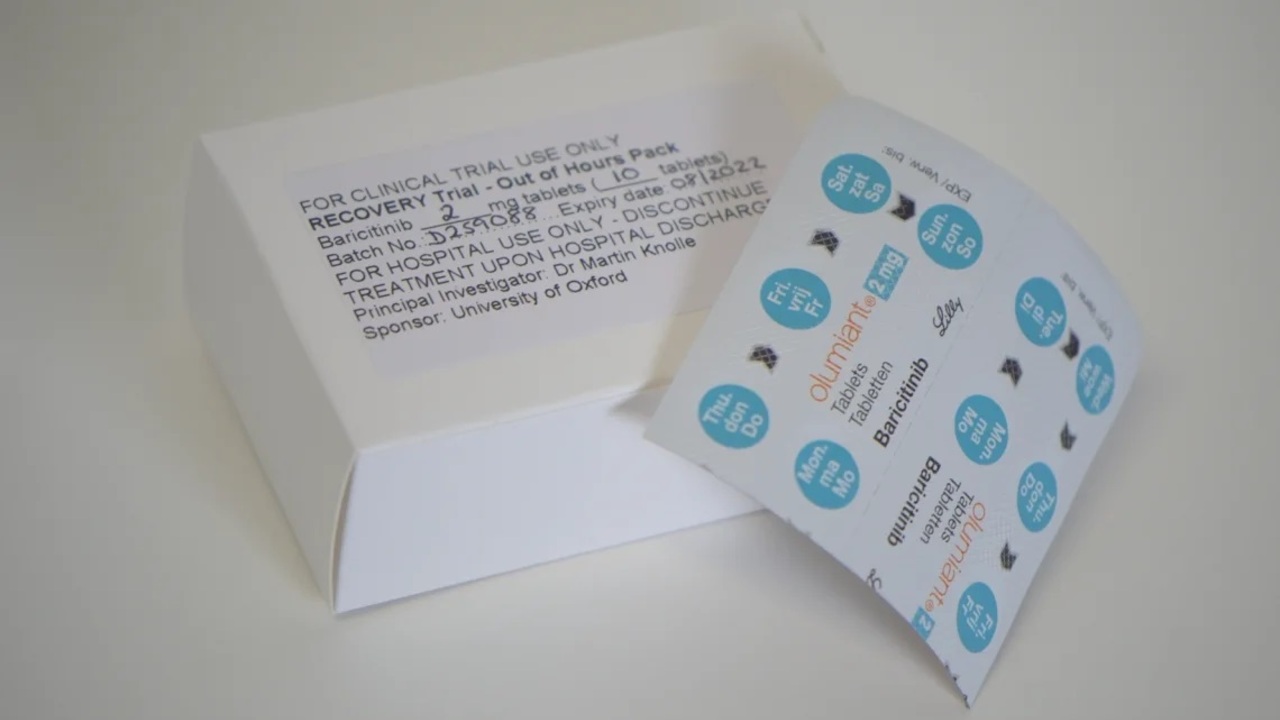Researchers from the Russian Academy of Sciences and Ivanovo State University GA Krestov Institute of Chemical Solutions have found a way to increase the solubility of baricitinib sevenfold by embedding the shell into well-interacting polymer nanoparticles of this anti-arthritis drug. with water. The scientists’ work has been published in the Journal of Molecular Liquids.
Approved in Russia for the treatment of rheumatoid arthritis, baricitinib inhibits the synthesis of cytokines, which are substances that cause inflammation during the immune response. This feature allows it to be used for COVID-19 as well. However, baricitinib is sparingly soluble in water, so it is not completely absorbed when taken by mouth.
Chemists from Ivanovo studied how various pluronic molecules affect the solubility of baricitinib. The peculiarity of these synthetic polymers is that their molecules in water form micelles, which are ball-like structures whose surface actively interacts with water, and that they “hide” inside parts that are “afraid” of water. This makes it possible to “pack” drug molecules into them.
The researchers compared the solubility of pure baricitinib and mixed it with four types of pluronics in solutions similar to conditions in the human gastrointestinal tract. The “packaged” solubility of the drug in micelles increased sevenfold, while the best effect was observed when using the largest structures.
However, only relatively small molecules can pass through the membranes of intestinal cells. The modeling confirmed the scientists’ fears: at high concentrations, the “provider” particles do not penetrate well through the pores of the membrane. During a series of experiments, the scientists were able to calculate the optimal micelle concentration that did not worsen the flow of baricitinib into the bloodstream.
Source: Ferra
I am a professional journalist and content creator with extensive experience writing for news websites. I currently work as an author at Gadget Onus, where I specialize in covering hot news topics. My written pieces have been published on some of the biggest media outlets around the world, including The Guardian and BBC News.










